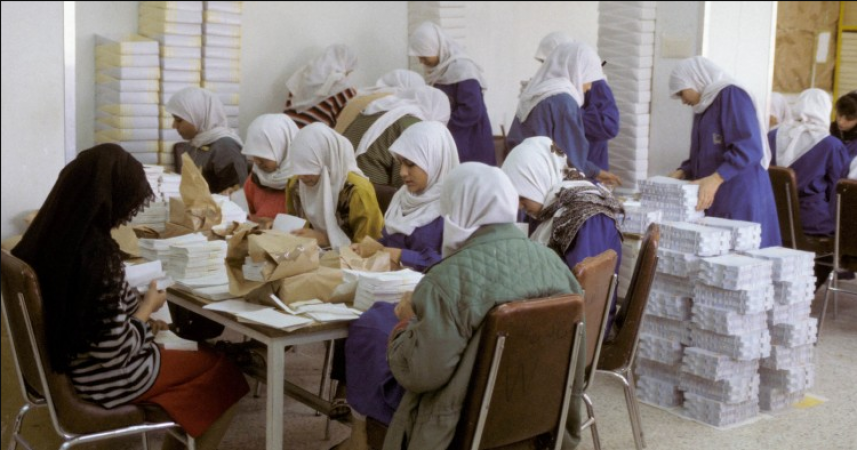
Oman: A report found that Oman is failing to protect migrant domestic workers who are victims of physical and sexual violence, victims of human trafficking, trapped in abusive homes, and access to justice or safe homes. There is a lack of return.
469 domestic workers from Sierra Leone who were employed in Oman were interviewed for the report by Doe Bold, a group that works to aid and repatriate migrant workers stranded in the Gulf. According to the study's findings, one in all of the women interviewed were victims of forced labor and human trafficking.
Most of the women interviewed claimed that recruiters had taken advantage of them. Others said they thought they had submitted applications for scholarships to study abroad, while some claimed they had been promised jobs in hotels and restaurants in Europe or the US. When they arrived in Oman, they claimed that they were then trafficked and forced into domestic work.
According to Du Bold, 80% of women claimed to work 16 to 20 hours a day, and 99% claimed they had no days off. The majority (91%) claimed that their freedom of movement had been restricted, with their passports being taken away. More than half of the respondents reported being a victim of wage theft, and a third said they had experienced sexual abuse.
Do BOLD is urging Oman to take action to effectively monitor human trafficking and bring justice to abused or trafficked migrant workers.
Like many other Gulf countries, live-in maids are often hired by families in Oman. These maids are usually recruited from low-income countries in Asia and Africa by agencies that are often unregulated.
The Kafala sponsorship system, which binds migrant domestic workers' legal status to that of their employer, is in use in Oman. If an employee breaches the terms of the contract and quits or runs away, as in the case of abuse victims – this is a crime that can result in the offender being jailed.
According to the report, victims of forced labor and human trafficking are discouraged from approaching the Omani authorities for assistance out of concern for their safety.
Domestic worker Adama*, 20, claimed she reported physical abuse by her employers to Omani police earlier this year and provided documents documenting the injuries she sustained as a result of regular beatings. According to Adama, who spoke to the media for the report, she pleaded with the police to take her back to Sierra Leone because she felt that her life was in danger.
Adama claimed that after talking to the family members and going to his owner's house, the police left without him. He claims that as a punishment, his owners kept him in a room without food.
Ekaterina Porus Sivolobova, Founder and Director of Do Bold, said: "For every woman we interviewed, this is a crisis that is adversely affecting their health and well-being. It raises the issue that it needs to be addressed. what should be done.
An inquiry for comment was not answered by the Omani government.
Over one million Rohingya expatriates a 'big burden' on Bangladesh: Sheikh Hasina
Migrant crossing along US-Mexico border turns deadly
Migrants 8 nos drown in US-Mexico border crossing attempt:US